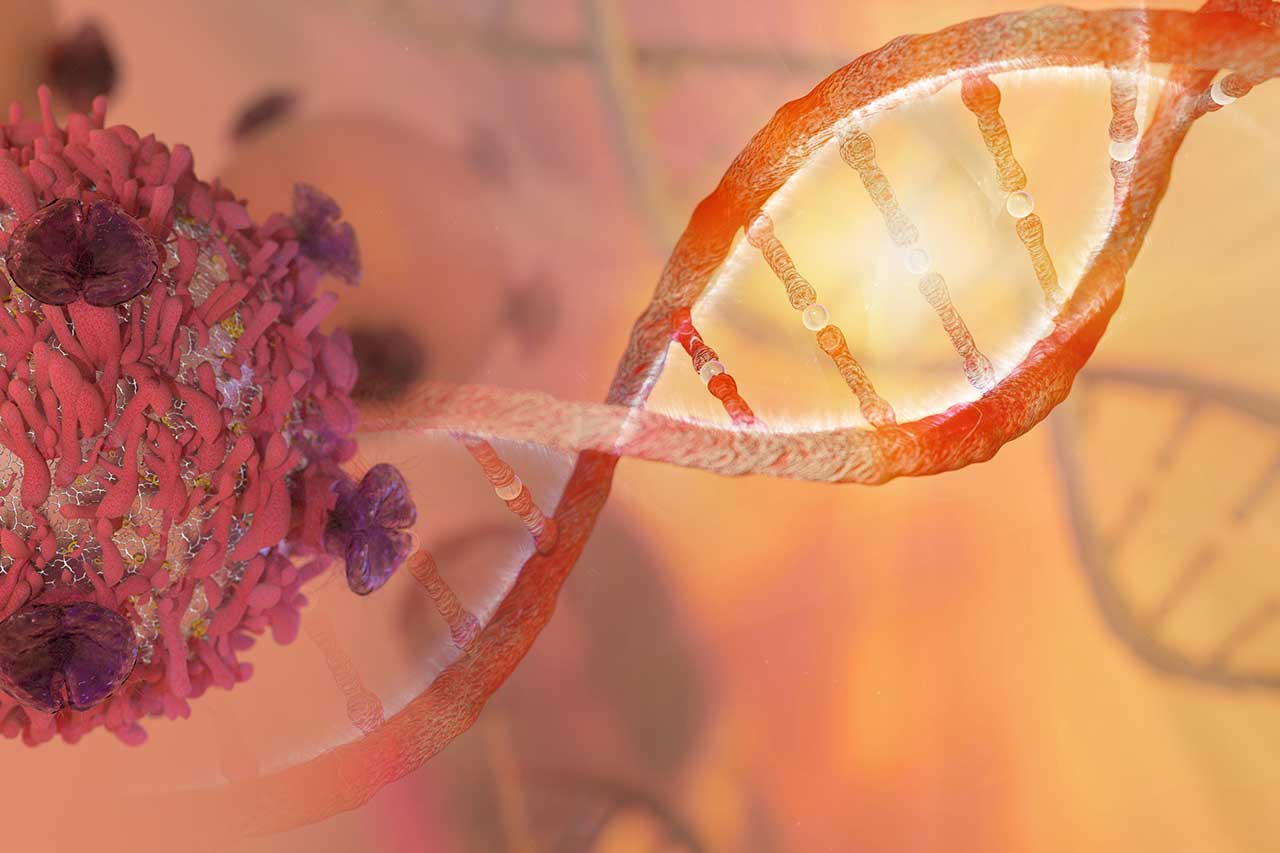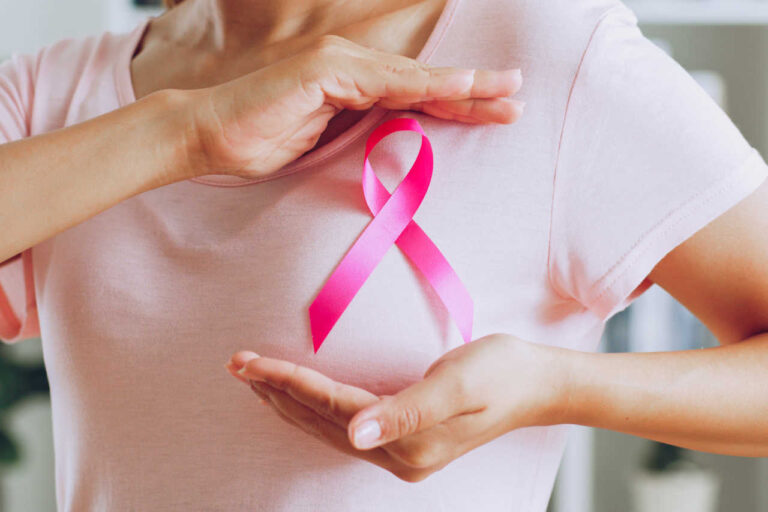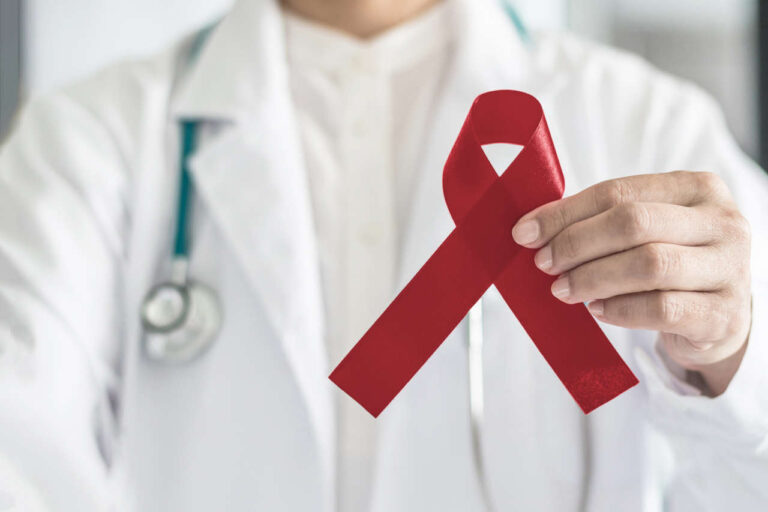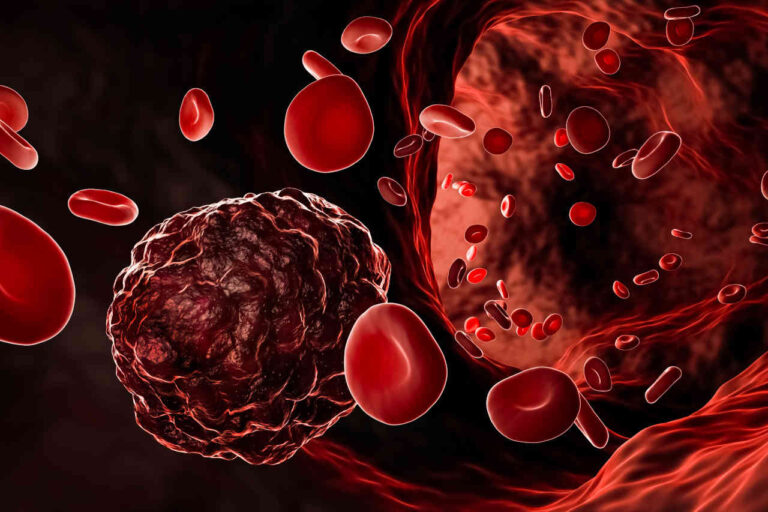
Bendeka, also known by its generic name bendamustine, is a chemotherapy medication used in the treatment of certain cancers. It is given through an intravenous infusion on specific days of a treatment cycle.
Speak to a Specialist About Copay Assistance
Before starting Bendeka, it is important to speak to your doctor or pharmacist about your medication and medical history. Inform your doctor or pharmacist of:
- Any allergic reaction to Bendeka or to any of its components
- Your complete allergy history and the type of reaction that you experienced
- Liver problems, heart disease, kidney disease, and any recent or current infections
- Pregnancy or breastfeeding
Bendeka has been FDA-approved for the following labeled indications:
- Chronic lymphocytic leukemia (CLL)
- Non-Hodgkin lymphoma (NHL), indolent (refractory)
There are also off-label indications in which Bendeka can be prescribed. These indications include:
- Hodgkin lymphoma (relapsed or refractory)
- Multiple myeloma (salvage therapy)
- Non-Hodgkin lymphoma, diffuse large B-cell (relapsed or refractory)
- Non-Hodgkin lymphoma, indolent and mantle cell, first-line treatment
- Non-Hodgkin lymphoma, mantle cell (relapsed or refractory)
- Waldentrom macroglobulinemia
What Is Bendeka Used For?
As mentioned above, Bendeka is used for treating a variety of lymphomas and myeloma.
- Lymphomas are characterized as a type of cancer or abnormal growth of the lymphatic system (the body’s germ-fighting network).
- Myeloma is a type of cancer that affects the bone marrow (the blood-producing tissue located in the center of most bones in our body).
Bendeka works by killing cancer cells or slowing the cancer growth in the bone marrow or lymphatic system.
How Does It Work? (Mechanism of Action)
Bendeka belongs to the chemotherapy drug class called alkylating agents (nitrogen mustard derivative). Alkylating agents directly act on the DNA of cancer cells, resulting in crosslinking and DNA strand breaks. This leads to abnormal base pairing and inhibition of cell division, eventually causing cancer cell death.
Get Chemotherapy Copay Assistance
Chemotherapy Financial AssistanceHow Is Bendeka Administered?
- Bendeka is administered by intravenous infusion for a total of six to eight doses within a 21-day cycle for up to 6 months (depending on the patient’s diagnosis and tolerability to the medication).
- Each treatment takes around 30 to 60 minutes to complete and is usually administered at your doctor’s office or an infusion center.
- Bendeka injection is stored under refrigerated temperatures between 2 – 8°C until administration and should be protected from light.
- The safety and efficacy of Bendeka in children are unknown, and the drug is not approved for use in children at this time.
Bendeka Side Effects
Listed below are some of the common side effects of Bendeka that may go away as the body gets used to the drug during or after some days of treatment. However, if these side effects become persistent, severe, or intolerable, it is important to inform your doctor right away for additional assessment.
The common side effects include:
- Headache
- Vomiting
- Nausea
- Diarrhea, constipation, stomach pain, upset stomach
- Weakness, dizziness, fatigue
- Mouth sores or mouth irritation
- Trouble sleeping
- Loss of appetite
- Cough
- Weight loss
- Sweating
Severe side effects include:
- Signs of anaphylaxis: such as swelling of the face, mouth, or throat; trouble breathing or speaking
- Blood-related effects: low red blood cell count, low white blood count, and low platelet count, leading to bleeding or bruising and an increased risk of infections
- Swelling in the ankles, feet, or hands
- Uncontrollable or persistent nausea and vomiting
- Kidney failure
- Signs of liver injury, such as yellowing of the eyes or skin
Contraindications
Bendeka is contraindicated in the following conditions:
- Pregnancy and breastfeeding
- Decreased blood platelets
- Abnormal liver function test
- Dehydration
- Anemia
- High levels of potassium in the blood
- Severe infections
- Skin cancer (malignant melanoma)
- Tobacco smoking
- Low levels of WBCs (leukocytes)
Consult a Chemotherapy Specialist
Get Chemotherapy Treatment AssistanceBendeka Preparations
Strength:
Bendeka comes as a clear, colorless, and ready-to-dilute solution as a 100 mg/4 ml (25 mg/ml) multi-dose vial.
Dose:
The dose of Bendeka varies depending on the patient’s cancer type, age, weight, and disease history. The usual recommended dose of Bendeka for the following cancers is given below:
- For Chronic Lymphocytic Leukemia (CLL)
IV dose: 100 mg/m², given IV over 10 minutes on day 1 and day 2 of a 28-day cycle for up to 6 cycles/doses. - For Non-Hodgkin Lymphoma (NHL)
IV dose: 120 mg/m² given IV over 10 minutes on day 1 and day 2 of a 21-day cycle for up to 8 cycles/doses.
Price
There are several factors that can affect the price of Bendeka therapy. Some of these factors include the patient’s insurance plans/benefits, the length of therapy needed for the condition, and the site where therapy will be administered.
However, the average cost of Bendeka is around $2,614 for 4 ml. Costs can vary depending on the pharmacy the patient visits.
FAQs
Q. What kind of drug is Bendeka?
Bendeka is a chemotherapy drug that falls under the drug class called alkylating agents. It is used for treating certain types of cancers, for example, lymphomas and cancers of the bone marrow.
Q. Is Bendeka the same as bendamustine?
Yes, Bendeka is the brand name of bendamustine. Bendeka contains the active ingredient bendamustine, which is responsible for producing the desired chemotherapy effect.
Q. How is it administered?
Bendeka is administered by intravenous (IV) infusion directly into the veins of the arm under the close supervision of a trained healthcare team.
Q. Is Bendeka a chemo drug?
Yes. It is a chemotherapy drug. Chemotherapy drugs work by stopping the growth of cancer cells.
Q. Does Bendeka cause hair loss?
Hair loss is a rare side effect of Bendeka, but it may vary from patient to patient. Clinical trials showed that hair loss occurred in 1 out of 153 patients who received Bendeka. Hair might become thin and fall off gradually within 2 to 3 weeks of treatment. However, the hair grows back after some time as the therapy ends.
Speak to a Specialist About Copay Assistance
Conclusion
Bendeka is a prescription-only medication used to treat certain types of cancers, including cancers of the lymphatic system and bone marrow. The drug is an alkylating agent and inhibits the growth of cancer cells.
The treatment with Bendeka commonly lasts for six months.
This drug is used only in adults older than 18 years of age as its safety and efficacy have not been studied or approved in children.
REFERENCES:
- https://www.bendeka.com/about-bendeka
- https://www.bendeka.com/treatment-with-bendeka/about-cll-and-nhl
- https://www.bendeka.com/side-effects/understanding-serious-side-effects
- https://www.bendeka.com/faqs














